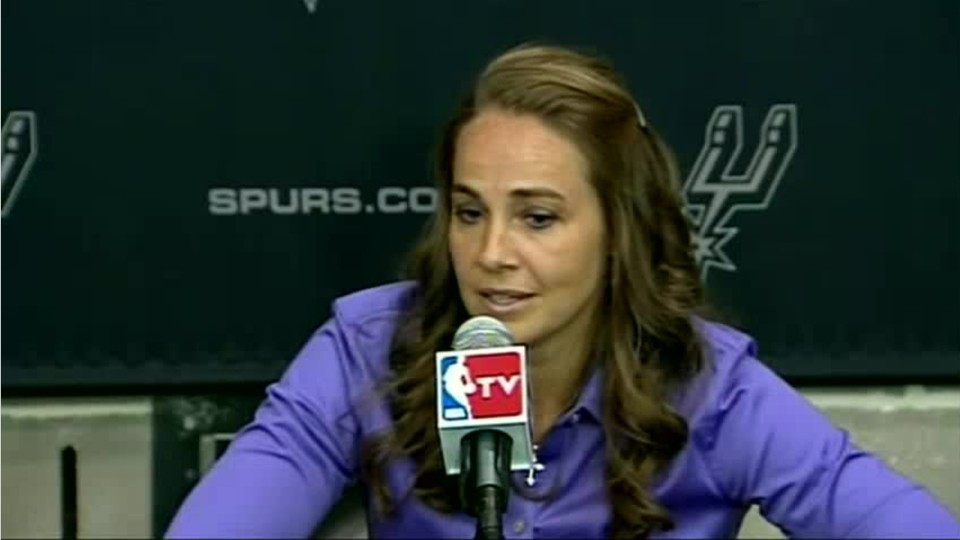Coaches & Scouts
Basketball Coach, Coach, Football Coach, Track and Field Coach
 Select a military branch to see samples.
Select a military branch to see samples.
Education And Training; Education And Training Craftsman; Education And Training Superintendent; Special Reconnaissance Apprentice; Special Reconnaissance Journeyman; Tactical Air Control Party (TACP); Tactical Air Control Party (TACP) Helper; Tactical Air Control Party (TACP) Superintendent; Talent Acquisition Craftsman; Talent Acquisition Journeyman
No similar titles were found.
No similar titles were found.
Drill Instructor; Force Fitness Instructor; Force Fitness Instructor Officer; Marine Combat Instructor
Command Fitness Leader (CFL); Physical Training Officer
No similar titles were found.
What they do:
Instruct or coach groups or individuals in the fundamentals of sports for the primary purpose of competition. Demonstrate techniques and methods of participation. May evaluate athletes' strengths and weaknesses as possible recruits or to improve the athletes' technique to prepare them for competition. Those required to hold teaching certifications should be reported in the appropriate teaching category.
On the job, you would:
- Plan, organize, and conduct practice sessions.
- Provide training direction, encouragement, motivation, and nutritional advice to prepare athletes for games, competitive events, or tours.
- Adjust coaching techniques, based on the strengths and weaknesses of athletes.
Knowledge
Education and Training
- teaching and course design
Arts and Humanities
- English language
Business
- management
- customer service
Math and Science
- psychology
Skills
Basic Skills
- talking to others
- keeping track of how well people and/or groups are doing in order to make improvements
Social
- teaching people how to do something
- understanding people's reactions
Problem Solving
- noticing a problem and figuring out the best way to solve it
Abilities
Verbal
- communicate by speaking
- listen and understand what people say
Ideas and Logic
- create new and original ideas
- order or arrange things
Attention
- pay attention to something without being distracted
Personality
People interested in this work like activities that include helping people, teaching, and talking.
They do well at jobs that need:
- Initiative
- Self-Confidence
- Leadership Orientation
- Perseverance
- Stress Tolerance
- Self-Control
Technology
You might use software like this on the job:
Word processing software
- Google Docs
- Microsoft Word
Video creation and editing software
- Flipgrid
- YouTube
Desktop communications software
- Edmodo
- ParentSquare
Education
Education: (rated 4 of 5)
bachelor's degree or
master's degree
usually needed
master's degree
usually needed
Job Outlook
Bright
New job opportunities are very likely in the future.
Explore More
- Athletes & Sports Competitors
- Athletic Trainers
- Exercise Trainers & Group Fitness Instructors
- Self-Enrichment Teachers
- Umpires, Referees, & Other Sports Officials
You might like a career in one of these industries:
See more details at O*NET OnLine about Coaches & Scouts.





